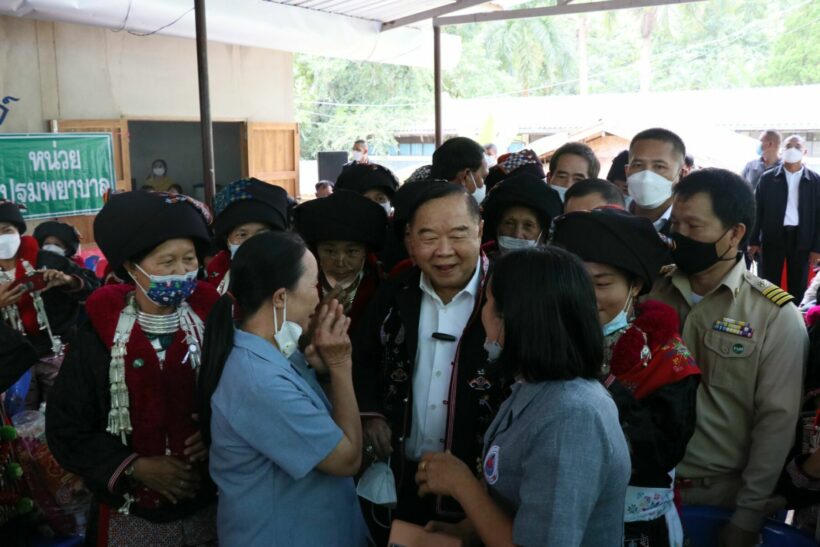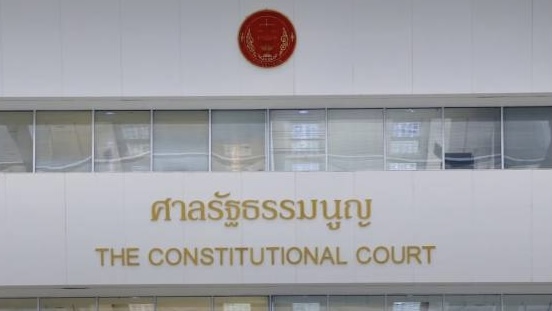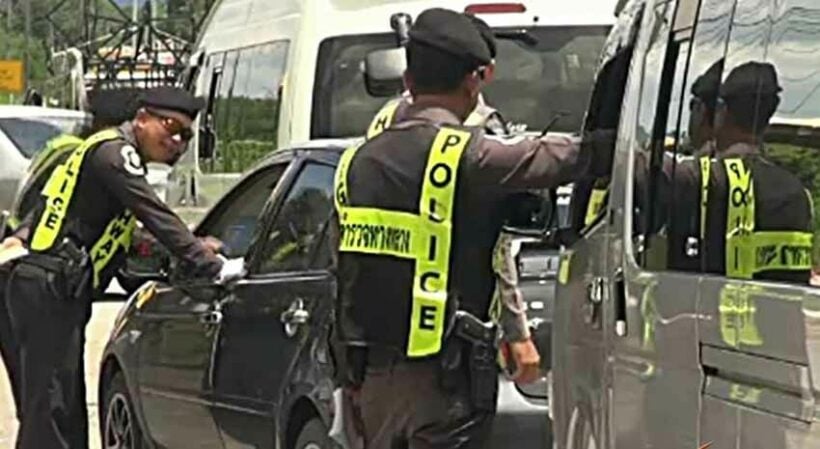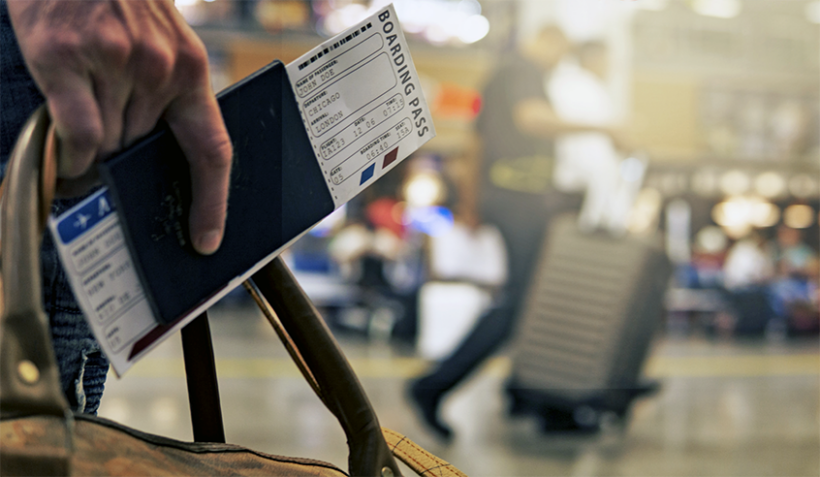
A Super Poll research centre survey has revealed that the majority of Thai people trust the judicial administration of Thailand and are willing to give a chance to caretaker Prime Minister Prawit Wongsuwan to serve as the kingdom's next PM.
Super Poll research centre director Noppadon Kannika yesterday announced the result of the survey titled Trust the Court, the Peaceful Country, which polled 1,156 participants between August 31 and September 3.
The research result was divided into three parts: people's opinions toward Thai politics after the Constitutional Court agreed to consider Prayut Chan-o-cha's PM term limits, people's opinions toward Thai laws, courts, and judicial administration, and opinions on giving the acting prime minister a chance to become the PM on a full time basis.
In the first section, 90.9% of respondents don't want to see any more big protests because they affect the image of the country, investment, tourism, economy, society, and the upcoming APEC meeting.
Some 89.7% said they are bored with Thai politics because of the jostle for benefits, 88.4% want politicians to stop interfering with Thai judicial administration, 87.9% are worried about the cost of living that is affected by political conflict, and 87.3% don't want a coup, saying it's a vicious circle and ruins the country's image on the international stage.
In the second section, regarding opinions toward Thai laws, courts, and judicial administration, 89% said they trusted the Thai judicial administration.
In the last section, about the acting prime minister becoming the next PM, 62.8% agree that caretaker PM Prawit should be the next PM. Those polled believe Prawit can create political and economic stability in Thailand.
Only 14.7% of the respondents don't want Prawit as PM while 22.5% don't have any opinions on the topic.
Last year, the Super Poll research centre was questioned about the transparency and accuracy of its results after a survey concluded that Prawit Wongsuwan was the man of the year.
In that poll, people were positive toward government politicians and negative against opposition parties.




















